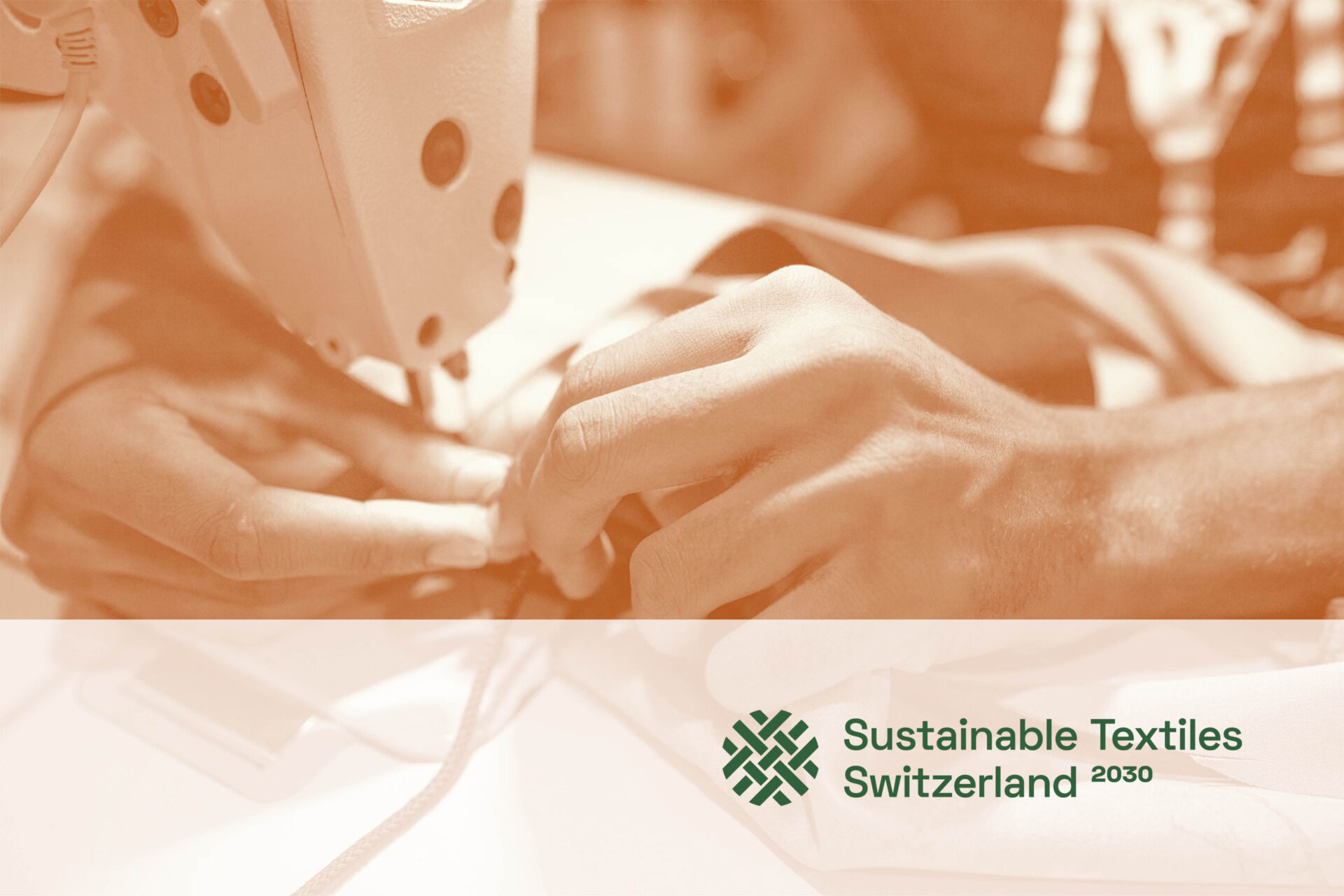
United for fair wages
The “United for fair wages” project aims to bring brands, production facilities and other key stakeholders together in order to better understand existing wage structures and initiate concrete improvements together. In phase 1, the focus is on cooperation with production facilities in Vietnam (Tier 1) in order to facilitate joint changes along the supply chain.
The commitment
The project focuses on how the concept of living wages can be integrated into the purchasing practices of the participating brands as well as into the wage systems of the participating production facilities in Vietnam. Together, well-functioning approaches as well as existing gaps are to be identified in order to find ways to support and promote better wage outcomes in the long term.
The project builds on partnerships with international organizations such as the International Labour Organization (ILO), amfori, Fair Wear and Swiss Fair Trade. The joint commitment is financially supported by SECO.
The project builds on partnerships with international organizations such as the International Labour Organization (ILO), amfori, Fair Wear and Swiss Fair Trade. The joint commitment is financially supported by SECO.
Organisations
Sustainable Textiles Switzerland 2030 (STS 2030)
Participants
Committed actors of STS 2030 and actors who share production facilities with these brands.
Project start
13/11/2024
Project status
started
Still open for more participants?
ja
Participation requirements
Ready-made clothing in Vietnam
Which goals are supported?
Target 2
Promotion of fair wages and humane working conditions for all.
Which measures are supported?
Measure 2.3: Committed actors define their own roadmap within 24 months after committing, influencing the entire supply chain to directly or indirectly achieve fair wages according to the OECD., Measure 2.4: Committed actors implement their own strategy and roadmap with influence on the entire supply chain to prevent child labor, forced labor, sexual harassment and excessive working hours, and to directly or indirectly achieve fair wages according to OECD by 2030.
